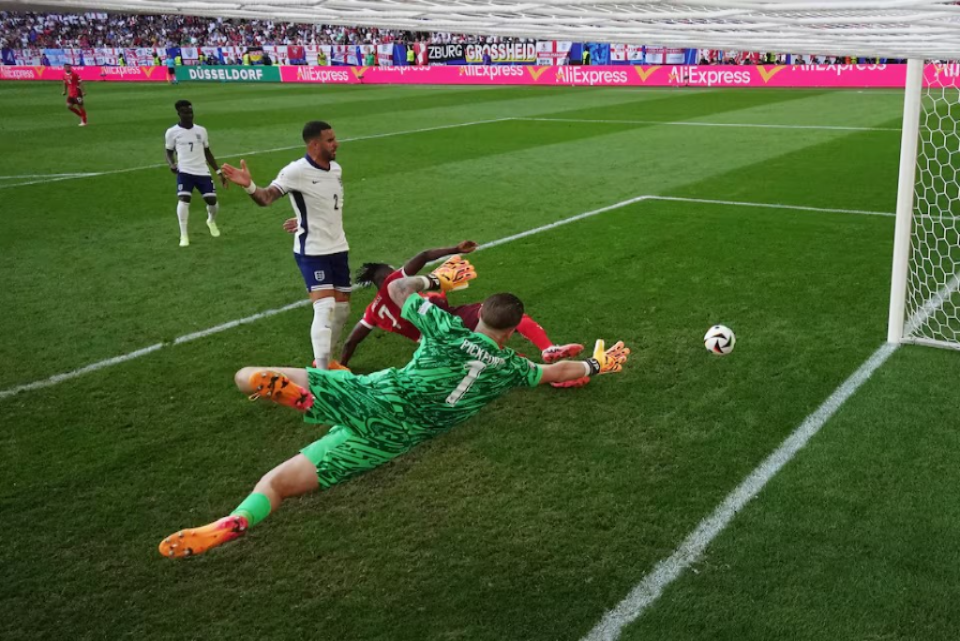Al-Haq and Global Legal Action Network say there is a clear risk that Israel may use British arms to violate international humanitarian law
The UK should suspend all weapons export licenses to Israel because there is a clear risk British arms may be used to violate international humanitarian law, two organizations have warned the government.
Palestinian human rights organisation Al Haq and the UK-based Global Legal Action Network made their case in a letter sent on Monday to Business and Trade Secretary Kemi Badenoch.
Their call comes as a reported Israeli air strike hit al-Ahli al-Arab Hospital in Gaza City where many had sheltered and sought treatment on Tuesday evening, killing at least 500 people.
The 25-page letter lists a dozen Israeli violations of international humanitarian law committed over years, including the demolition of homes in the occupied West Bank and occupied East Jerusalem, the killing of protesters and journalists, and the 16-year siege of Gaza.
But it says the Israeli response since the Hamas attack on 7 October “represents very serious, widespread violence on a greater scale than anything witnessed by Gazans until now”.
“This escalation very clearly justifies a suspension of arms sales,” the letter says.
A spokesperson for the Department of Business and Trade told Middle East Eye on Wednesday: “At present there are no immediate plans to stop arms export licences to Israel.
“All export licences are kept under continual review, with applications assessed on a case-by-case basis against strict criteria.”
The UK government has granted weapons export licenses for the sale of a wide range of items in recent years including components for combat aircraft, military radars and targeting equipment and body armour.
According to the Campaign Against Arms Trade (CAAT), British companies provide 15 percent of the components for the F35 stealth combat aircraft which Israel is currently using to bomb Gaza.
Since 2016, CAAT estimates that the contract for those components alone is worth over $409mn.
The organisations which wrote to Badenoch say that all of the items sold are capable of being used in Israel’s actions against Palestinians and, therefore, licences for them should not be issued.
Lawyers representing the two groups have given Badenoch until 30 October to respond to their letter after which they say their clients will “consider issuing judicial review proceedings” before the High Court.
Dearbhla Minogue, a senior lawyer with GLAN said: “This challenge was already necessary before the current decimation of Gaza – now it is even more urgent.
“States like the United Kingdom are emboldening the Israeli government’s brutality – especially when they actually supply them with the means to subjugate and kill Palestinians.”










